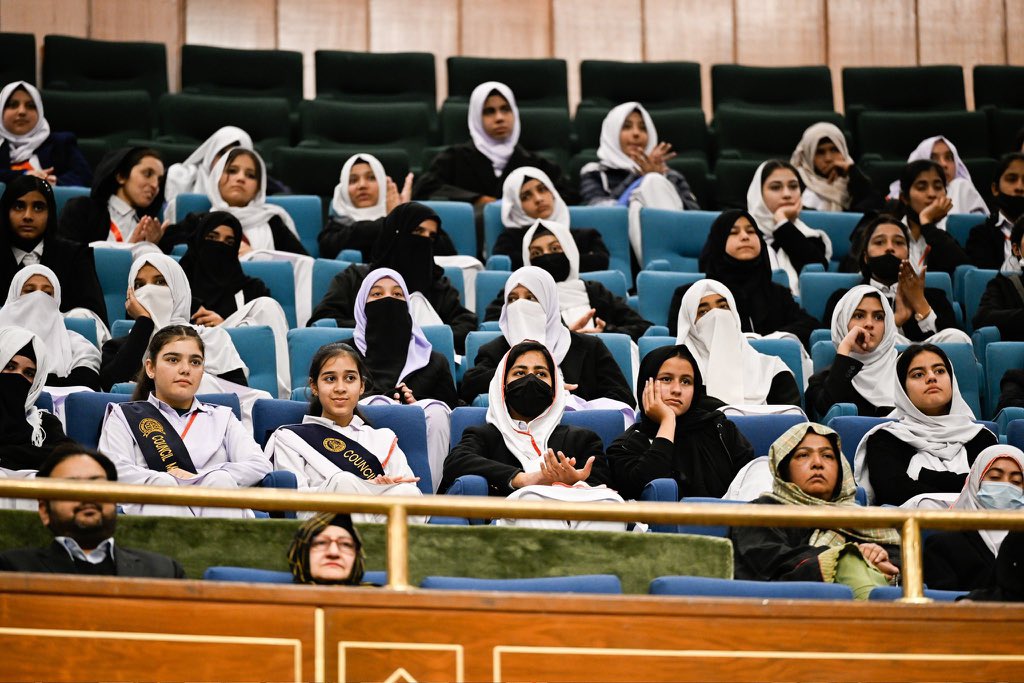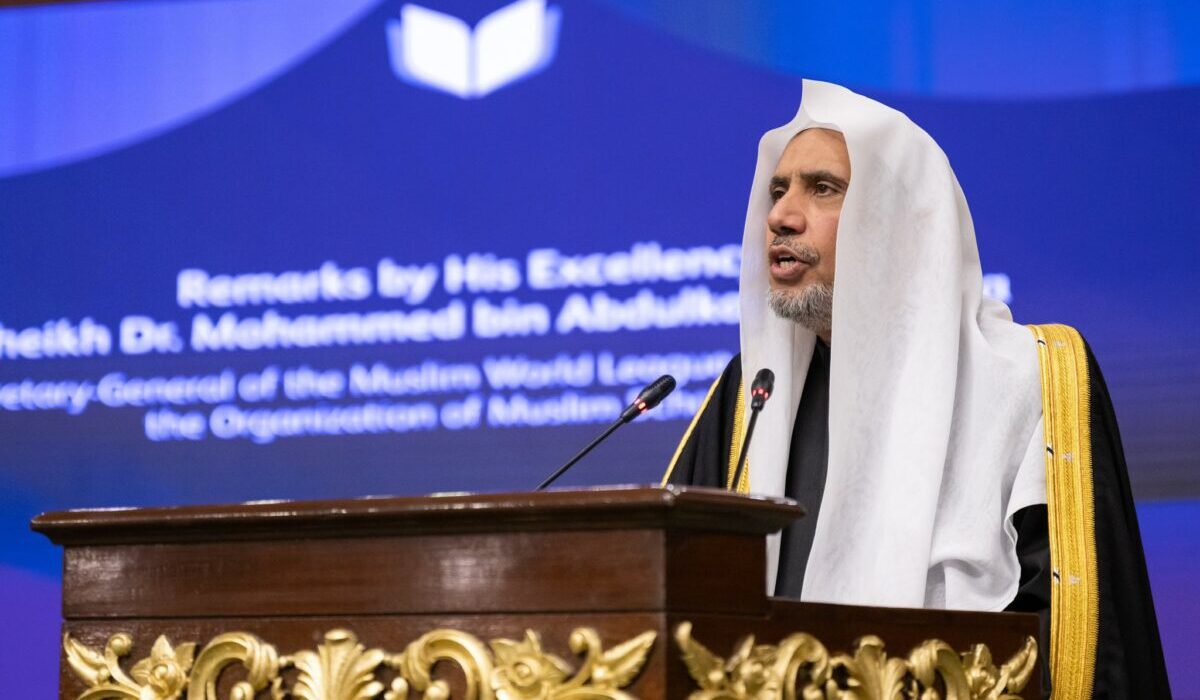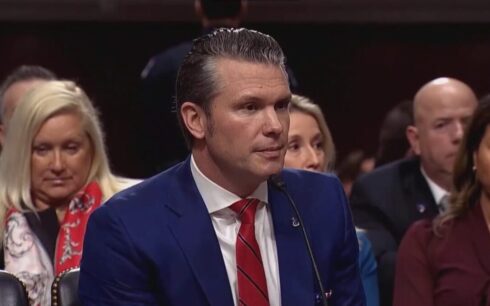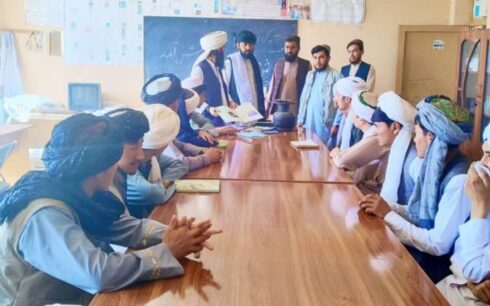ISLAMABAD, Pakistan — Mohammad Al-Issa, the Secretary General of the Muslim World League and President of the International Islamic Scholars Organization, speaking at the Organization of Islamic Cooperation (OIC) summit in Pakistan, condemned the denial of education to girls as both unjust and contradictory to Islamic teachings.
He indirectly referred to the Taliban’s ban on girls’ education, stating that “declaring something permissible as forbidden is the greatest sin.”
Al-Issa indirectly urged the Taliban to stop attributing restrictive policies to Islam, emphasizing that the religion unequivocally supports women’s right to education.
“Denying women and girls access to education, whether partially or fully, and associating such denial with Islamic law, is categorically incorrect,” he said, cautioning governments and organizations against misusing religion to justify unjust policies.
Speaking at the launch of the #GirlsEducationMatters initiative during the summit, Al-Issa highlighted the collective agreement among Islamic scholars. “These esteemed scholars, representing diverse schools of thought, academic institutions, and international jurisprudence councils, have convened today to collectively affirm: ‘Islam categorically rejects any form of denial of education to women, whether partial or complete, at any age, level, or specialization.’”
He continued, “We are all aware that no transgression surpasses the injustice of denying women their educational rights—whether in totality or partially—except the grievance of falsely attributing such denial to the noble Islamic Sharia. Hence, any individual or organization—whether public or private—that holds reservations concerning this issue must be exceedingly careful not to attribute their objections to the religion, following the unanimous agreement by the scholars of the Ummah on women’s educational rights.”
Al-Issa also warned against rigid interpretations of Islam, which, he said, could lead to extremist practices. “Prohibiting what is lawful is a greater sin than permitting what is unlawful,” he said. “A cautious person should not assume they are free from responsibility by hastily prohibiting or rejecting matters. In this regard, some express reservations about a man providing medical services to a woman, placing obstacles and preventing women from pursuing medical education. Anyone who adopts a path that imposes strictness on the broadness and ease of the true Islamic Sharia is likely to fall into such pitfalls and much more.”

A tangible effort
Al-Issa stressed that the initiative launched at the summit was not symbolic but a concrete and transformative action. “This initiative, with God’s help, will be both effective and tangible through the substantive agreements signed. It will not be a temporary appeal, an empty declaration, or simply a symbolic stance. Rather, it will represent a qualitative transformation in advocating for girls’ education—bringing prosperity to every deprived girl and to every community in dire need of the contributions of both its sons and daughters equally.”
The summit’s declaration, he said, would reflect the “strong and effective determination” of Islamic nations and scholars to champion girls’ education.
Addressing the Taliban’s restrictions
The OIC summit, which began on Saturday and concludes Sunday, brought together over 20 foreign ministers, scholars, and representatives of Islamic organizations to address the state of education for girls in Muslim-majority countries, particularly Afghanistan. The Taliban’s restrictions on girls’ education have drawn widespread condemnation.
Since regaining power in 2021, the Taliban have barred girls from attending schools beyond sixth grade and have closed universities to women. These measures, initially framed as temporary, have persisted for nearly three years, with further restrictions imposed in recent months.
In December, the Taliban banned women from pursuing medical education, triggering widespread domestic and international criticism. Their policies have also included prohibiting women from visiting parks, gyms, and salons, as well as banning them from traveling without a male escort or engaging in many forms of employment.
The restrictions have sparked fierce criticism from human rights groups, governments, and Islamic scholars worldwide. The U.S. State Department recently compared the Taliban’s policies to their repressive rule in the 1990s, describing them as a return to an era of systematic oppression of women.
“Justice demands that no one absolves themselves of responsibility by hastily condemning or dismissing these critical issues,” Al-Issa said, urging leaders to address the plight of Afghan women and girls with urgency and compassion.
The OIC summit concluded with the Islamabad Declaration for Girls’ Education, a commitment by Islamic nations to advocate for girls’ education as a fundamental right under Islamic law. Al-Issa described the declaration as a “beacon of hope, not only for girls who have been denied their right to education but for all communities that rely on the potential of both their sons and daughters.”





